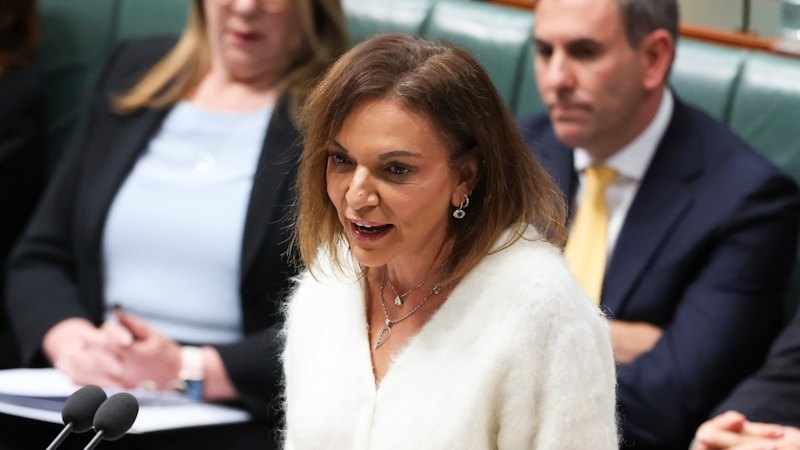
Nationals Leader David Littleproud has voiced strong opposition to the Victorian government’s proposal to legislate the right for employees to work from home for two days a week. His comments come in response to Premier Jacinta Allan’s recent announcement, which aims to formalize flexible working arrangements for Victorians.
Littleproud expressed his concerns during an appearance on Sky News, stating that government intervention in work-from-home agreements is inappropriate. “The devil is always in the details,” he remarked, questioning the feasibility of the government’s plan.
“When you look at the [Allan government’s report], it says where [working from home] is possible, but who determines where it’s possible?”
Littleproud challenged the practicality of such a law, highlighting the diverse circumstances of small businesses across the state.
Government’s Proposal Under Scrutiny
The Victorian government’s initiative seeks to enshrine the right to work from home into law, a move that has sparked debate among political leaders and business owners alike. The proposal is part of a broader effort to adapt to changing work environments post-pandemic, as many employees have grown accustomed to the flexibility of remote work.
Premier Jacinta Allan has defended the proposal, arguing that it would provide employees with greater work-life balance and reduce commuting times. However, critics like Littleproud argue that such decisions should remain in the hands of employers and employees, rather than being mandated by the government.
Expert Opinions and Business Concerns
Experts in labor law and business management have weighed in on the issue, offering varied perspectives. Some argue that government intervention could standardize work-from-home policies, providing clarity and fairness across industries. Others, however, caution against blanket regulations that may not account for the unique needs of individual businesses.
According to Dr. Emily Carter, a labor law expert, “While the intention to support flexible work is commendable, the implementation must be carefully crafted to avoid unintended consequences.” She suggests that a one-size-fits-all approach could lead to logistical challenges for businesses, particularly small enterprises with limited resources.
Historical Context and Future Implications
The debate over work-from-home rights is not new. Historically, labor laws have evolved to reflect societal changes and technological advancements. The COVID-19 pandemic accelerated the shift towards remote work, prompting governments worldwide to reconsider traditional employment models.
As Victoria navigates this legislative proposal, the outcome could set a precedent for other states considering similar measures. The decision will likely impact not only the dynamics between employers and employees but also the broader economic landscape.
Looking ahead, the Victorian government plans to engage in consultations with stakeholders, including business leaders and employee representatives, to refine the proposal. The outcome of these discussions will be crucial in shaping the future of work in the state.
Meanwhile, David Littleproud and other critics continue to advocate for a more flexible, employer-employee-driven approach to remote work arrangements. The ongoing debate underscores the complexities of balancing government regulation with the autonomy of businesses and workers.






